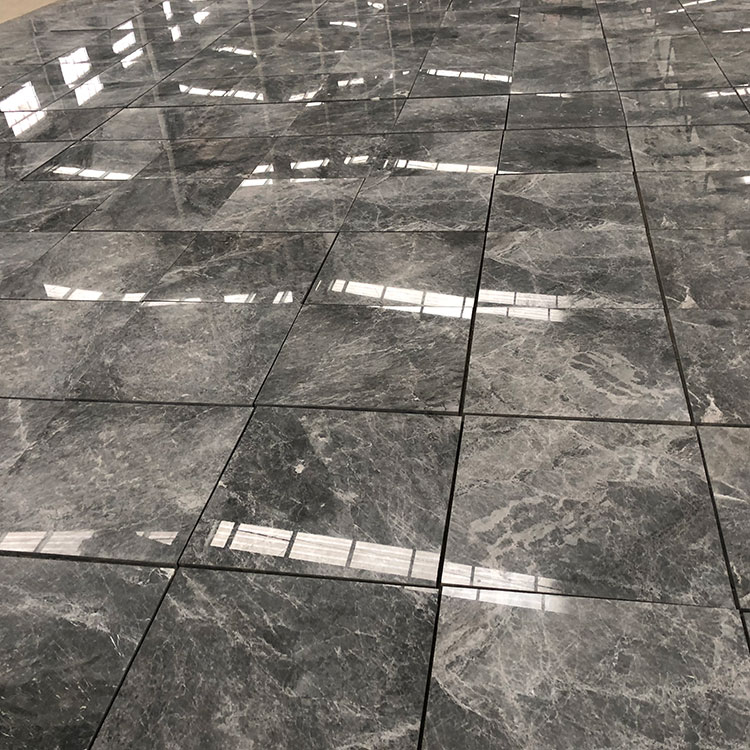What is the process of sourcing and extracting marble for tile production, and are there any ethical or sustainability concerns associated with it?
2023-10-17
The process of sourcing and extracting marble for tile production involves several stages, and there are indeed ethical and sustainability concerns associated with it. The extraction of marble can have environmental impacts, and issues related to labor practices and fair trade can arise in some regions. Here's an overview of the process and the concerns:
1. Quarrying: The process begins with quarrying, where marble blocks are extracted from the earth using various methods. Explosives, heavy machinery, and cutting tools are often employed to extract large blocks of marble from the quarry.
2. Cutting and Processing: Once the marble blocks are extracted, they are transported to processing facilities where they are cut into slabs or tiles. Advanced machinery, including diamond saws and water jets, is used to cut the marble with precision.
3. Polishing and Finishing: After cutting, the marble tiles are polished and finished to achieve the desired appearance and texture. This process can involve various techniques, such as honing, polishing, brushing, and flaming.
4. Quality Control: Throughout the production process, quality control measures are implemented to ensure that the finished marble tiles meet the required standards for appearance, size, and performance.
Ethical and Sustainability Concerns:
1. Environmental Impact: Quarrying can have significant environmental impacts, including habitat destruction, soil erosion, and depletion of natural resources. Dust, noise, and water pollution are also concerns associated with quarrying operations.
2. Carbon Footprint: The transportation of marble blocks and finished tiles over long distances can contribute to the carbon footprint of the material, especially when it's sourced from distant countries.
3. Labor Practices: In some regions, there have been concerns about poor labor practices, including hazardous working conditions and inadequate compensation for quarry workers.
4. Fair Trade and Social Responsibility: The marble industry, like other natural resource-based industries, faces challenges in ensuring fair trade and social responsibility throughout the supply chain.
To address these concerns and promote ethical and sustainable practices in the marble industry, several initiatives and certifications have been introduced. These initiatives focus on promoting responsible quarrying, reducing environmental impact, and improving labor conditions. Additionally, some companies and organizations work to support local communities and promote fair trade practices in the marble supply chain.
When selecting marble tiles, it's essential to inquire about the source of the material and inquire about the manufacturer's commitment to ethical and sustainable practices. Look for certifications such as the Forest Stewardship Council (FSC) and other third-party sustainability certifications that demonstrate the company's commitment to responsible sourcing and manufacturing. Supporting companies with transparent and sustainable practices can help promote positive change in the marble industry and minimize its environmental and social impacts.



